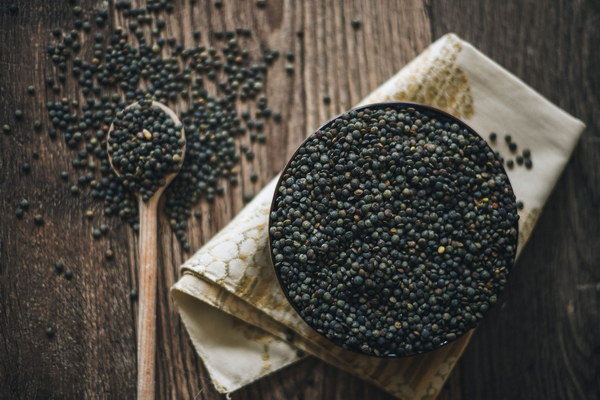Does Dietary Control Nourish the Spleen and Stomach
Introduction:
In traditional Chinese medicine, the concept of nourishing the spleen and stomach is vital for maintaining overall health and well-being. It is believed that proper dietary control plays a significant role in achieving this balance. In this article, we will explore whether controlling your diet can indeed help in nurturing the spleen and stomach, as well as discuss the benefits and guidelines to follow.
The Spleen and Stomach in Traditional Chinese Medicine:
In traditional Chinese medicine (TCM), the spleen and stomach are considered the foundation of good health. The spleen is responsible for transforming the food we eat into nutrients that the body can use, while the stomach is in charge of breaking down and digesting the food. When the spleen and stomach function properly, the body receives the essential nutrients required for growth, repair, and overall vitality.
Dietary Control and Spleen and Stomach Health:
Controlling your diet can significantly impact the health of your spleen and stomach. Here are several ways in which dietary control can contribute to the nourishment of these organs:
1. Proper Food Selection: Choosing the right foods is crucial in maintaining a healthy spleen and stomach. TCM suggests that consuming a balanced diet with a variety of nutrients can support the organs' functions. Foods that are considered beneficial for the spleen and stomach include:

- White meats, such as chicken and turkey, which are rich in protein and easy to digest.
- Root vegetables, like carrots, beets, and sweet potatoes, which provide essential vitamins and minerals.
- Bitter greens, such as kale and dandelion, which help to clear heat and improve digestion.
- Nuts and seeds, such as almonds and flaxseeds, which are high in fiber and omega-3 fatty acids.
2. Avoiding Harmful Foods: Overeating, consuming spicy or greasy foods, and indulging in excessive sugar can lead to spleen and stomach imbalances. These foods can cause discomfort, bloating, and other digestive issues. It is essential to limit the intake of these harmful foods and focus on a diet that is gentle on the digestive system.
3. Timing and Portion Sizes: Eating at regular intervals and controlling portion sizes can prevent overburdening the spleen and stomach. Eating too much at once or spacing meals too far apart can disrupt the organs' functions and lead to digestive problems.
4. Hydration: Adequate water intake is crucial for maintaining a healthy digestive system. Drinking enough water helps to keep the digestive tract moving and prevents constipation or diarrhea.
5. Mindful Eating: Practicing mindfulness while eating can aid in the proper digestion and absorption of nutrients. Taking the time to chew food thoroughly and savor each bite can help improve the spleen and stomach's function.
Benefits of Nourishing the Spleen and Stomach:
By controlling your diet and nurturing the spleen and stomach, you can experience several benefits:
- Improved digestion: Proper nutrient absorption and elimination can lead to fewer digestive issues such as bloating, constipation, or diarrhea.
- Increased energy levels: A well-functioning spleen and stomach can provide the body with the necessary nutrients to produce energy.
- Enhanced immune system: The spleen plays a vital role in the immune system, and a healthy spleen can help protect against infections and diseases.
- Better mood and mental clarity: A balanced diet can contribute to overall mental and emotional well-being, as the spleen and stomach are closely linked to the brain.
Conclusion:
In conclusion, dietary control plays a crucial role in nourishing the spleen and stomach. By making conscious choices in food selection, portion sizes, and eating habits, you can support the health of these vital organs. Incorporating the principles of traditional Chinese medicine into your diet can lead to improved digestion, increased energy levels, and a stronger immune system. Remember to listen to your body and adjust your diet as needed to maintain a healthy balance.









